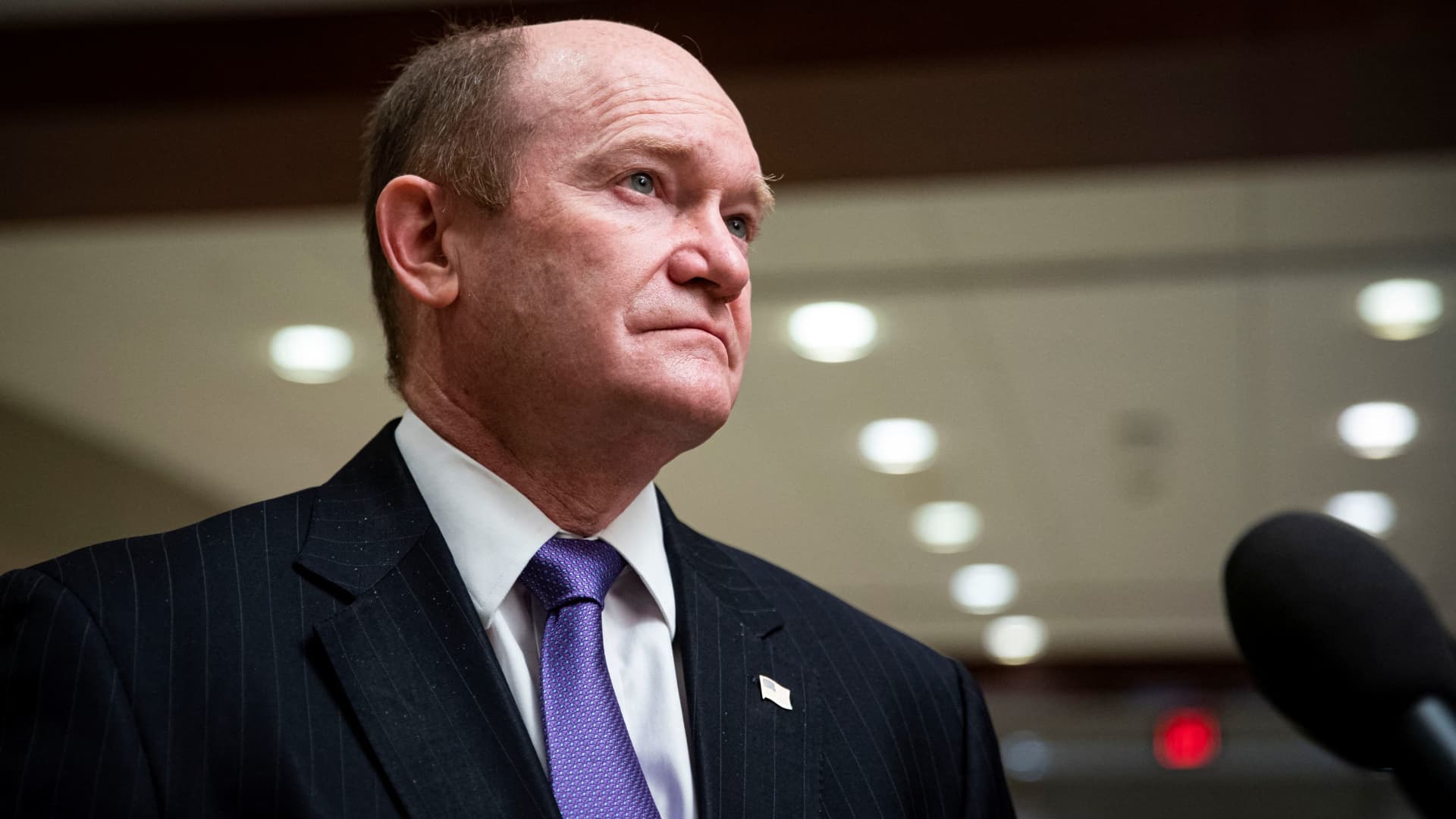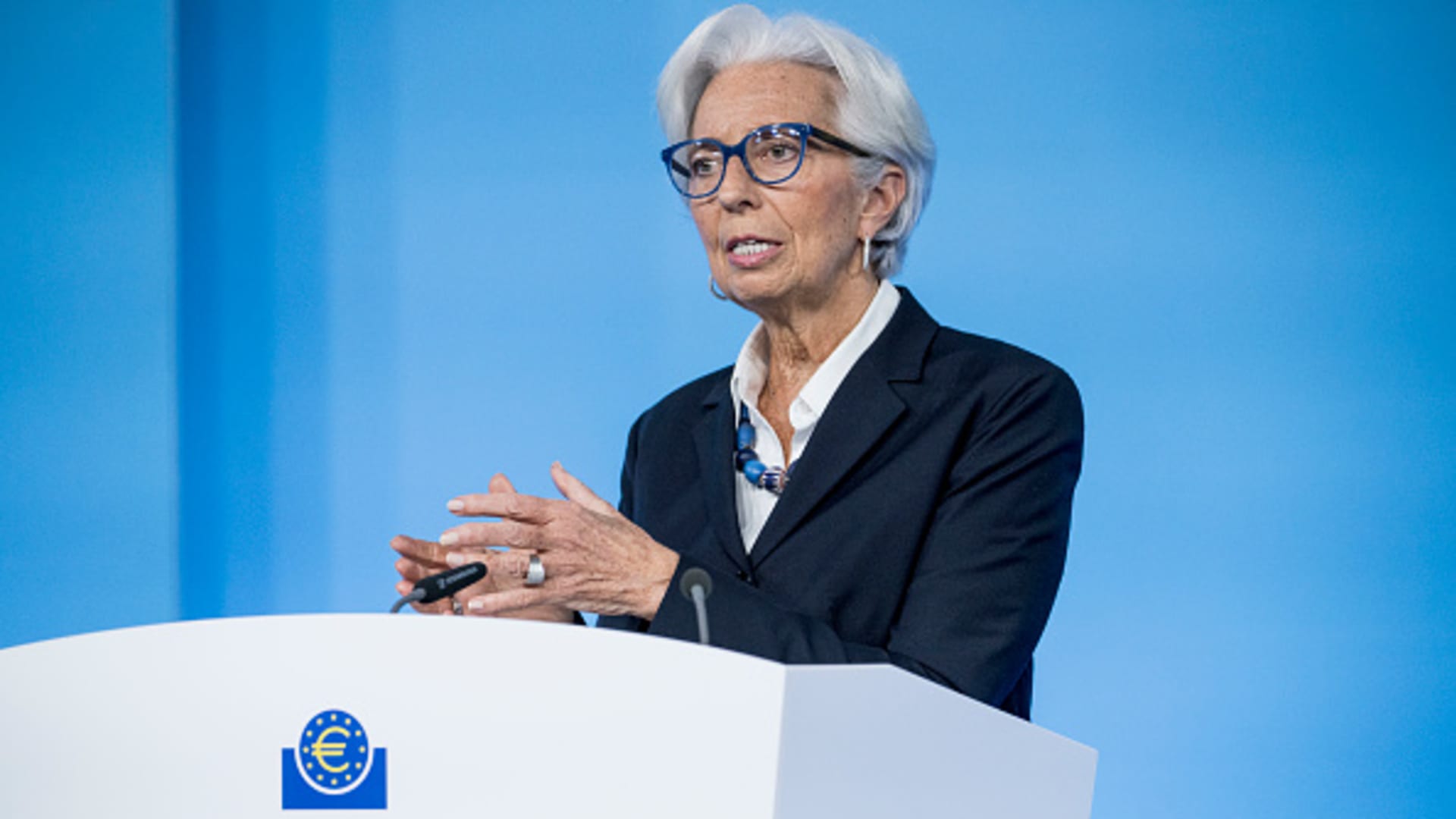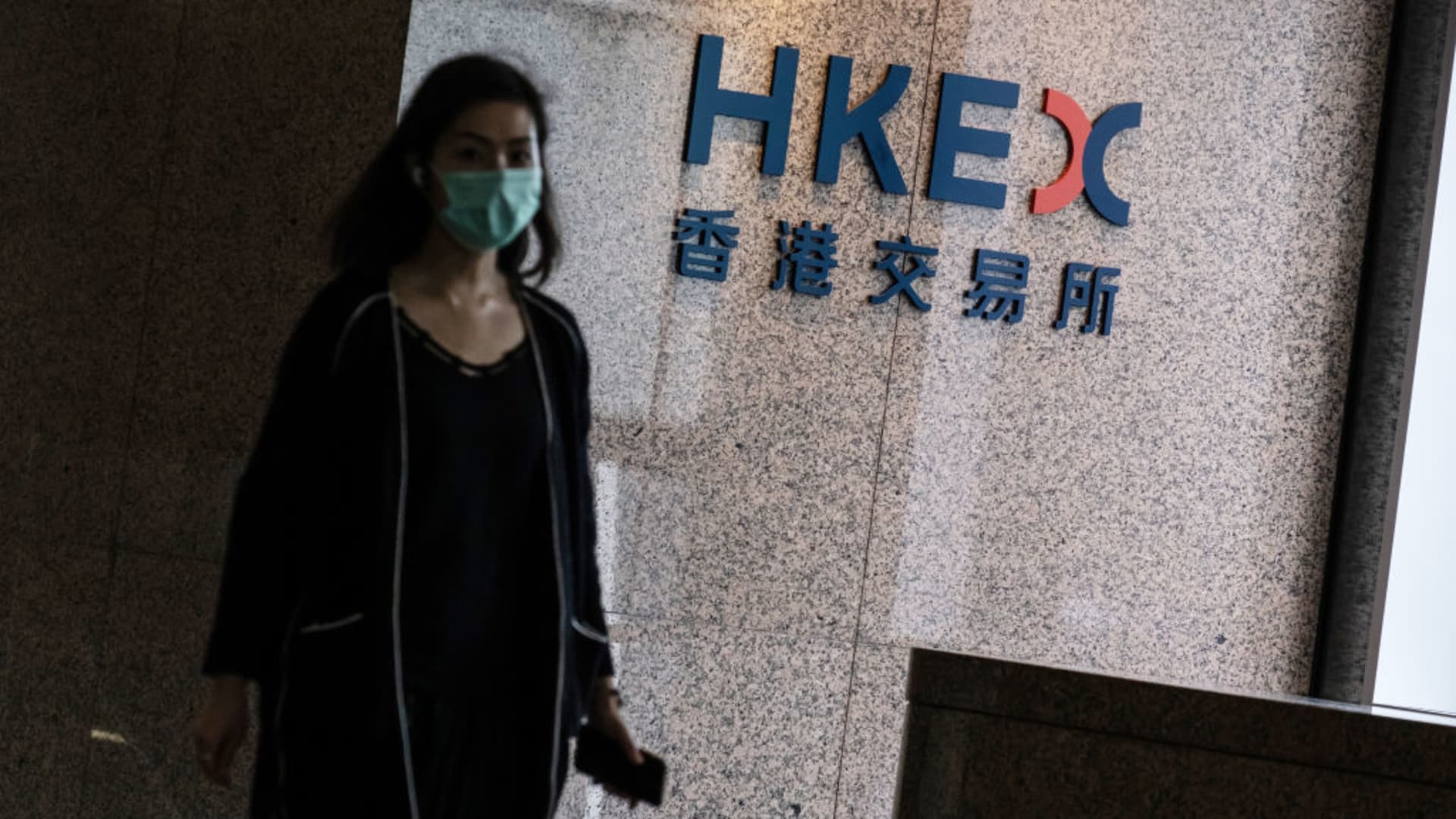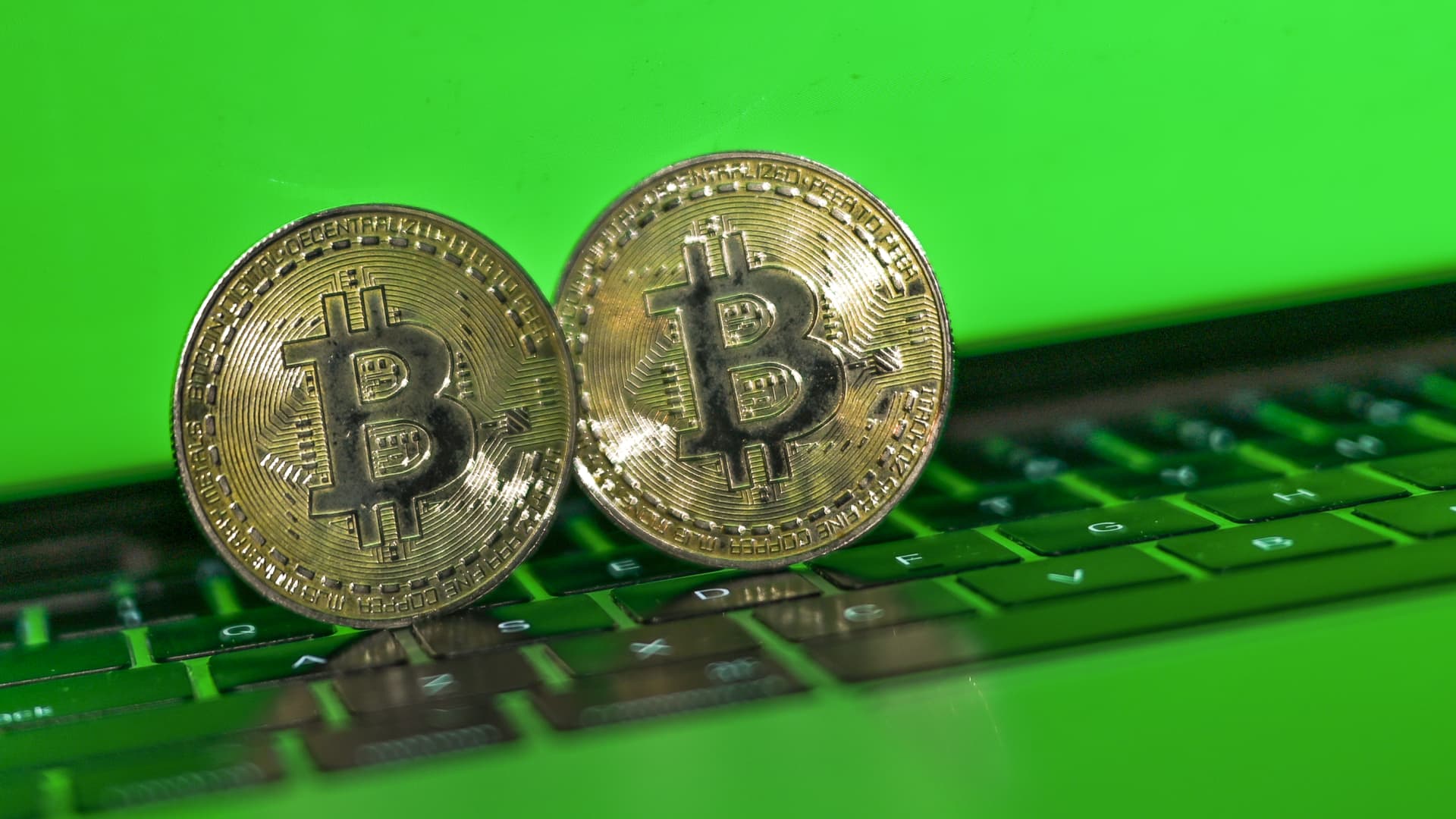New bill will force Twitter, TikTok and other social media platforms to increase transparency by sharing internal data
Senators introduced a bill targeting the lack of transparency among social media companies even as lawmakers consider banning some platforms in the U.S.

A bipartisan group of senators introduced a bill on Wednesday aimed at increasing transparency for Twitter, Facebook and other social media companies as lawmakers debate whether to ban TikTok.
The Platform Accountability and Transparency Act is intended to make the companies' internal data more accessible to the public by requiring the submission of necessary data to independent researchers. The bill is sponsored by Sens. Chris Coons, D-Del., chair of the Judiciary Subcommittee on Privacy, Technology, and the Law; Rob Portman, R-Ohio, ranking member of the Senate Homeland Security and Governmental Affairs Committee; Amy Klobuchar, D-Minn.; and Bill Cassidy, R-La.
Under the proposal, social media companies would be compelled to provide internal, privacy-protected data to researchers who've been approved by the National Science Foundation, an independent agency. The bill protects researchers from legal liabilities associated with automatic data collection if certain privacy safeguards are followed.
Some content, such as comprehensive ad libraries, content moderation statistics, viral content data and a platform's ranking and recommendation algorithms would be made available to researchers or the public on an ongoing basis, according to the bill.
The Federal Trade Commission would enforce the new policy, and companies that fail to comply risk a potential loss of immunity under Section 230 of the Communications Decency Act, which generally protects them against libel for content posted by members.
In a statement, Coons said the bill will address a "dangerous lack of transparency about how these platforms impact our children, families, society, or national security" and help to answer questions about threats to national security and possibly harmful content.
Earlier this month, lawmakers floated a bill to ban the popular social media platform TikTok in the U.S. after years of speculation about the Chinese government's influence on ByteDance, the China-based company that owns TikTok.
On Tuesday, federal law enforcement issued a public safety alert on the rise of "sexortion," the online extortion of minors for sexually explicit imagery.
"I have a number of concerns about Big Tech — from facilitating sex trafficking to burying content about the origins of Covid-19 — and I want to ensure that any response by Congress is effective in addressing those concerns," Portman said in a statement.
Coons also pointed to Twitter, which was recently taken over by Tesla CEO Elon Musk, as a "cautionary tale" of how a social media company's transparency policy can change with little notice and few safeguards.
"Twitter was the one platform that was relatively transparent and had made some investments and efforts around guardrails and accountability and some transparency around its metrics," Coons said, according to The Washington Post. "All of that has been blown up by the change in ownership."

 Kass
Kass 
































